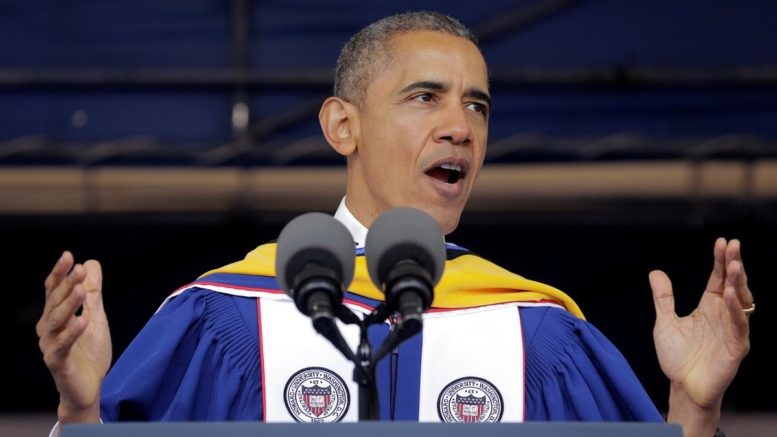|
I listened to a guest speaker give the commencement address to the graduating seniors at a high school yesterday. She was given the honor of center stage and the time, space, and opportunity to inspire them at a unique transition point in their lives. With that experience still fresh, I’ve been reflecting on how we choose to inspire students.
The messages we choose to endorse are important. The people we prop up as aspirational are important. We need to choose better. The lessons delivered by the guest speaker yesterday were far from what I would hope the seniors choose to adopt as their own as they leave high school and begin to develop independence and build the lives they want to live. She spoke of personal achievement through individual determination that resulted in little to no positive impact on the wider world after years of hard work and a small fortune being spent in the process. These are not the results or aims I wish for any of my students or the next generation. Instead, the development of a vaccine, alleviation of hunger, prevention of poverty, and ever greater social inclusion are aspirations worthy of their time, dedication, and finances. Those are accomplishments that should be discussed and provided as inspiration to a graduating senior class. Finding a speaker to address these topics would not be difficult. We would look for someone who has worked in cooperation with others for the betterment of others over a long career that took perseverance and continual decisions to wade through difficulty instead of opting for something easier. These types of stories can be found among scientists, business owners, and leaders of NGO’s and policy workers. The exact organization or topic is not nearly as important as the value the speaker places on altruism, compassion, and protecting and helping those that cannot protect or help themselves. Granted, the values in this post come from a specific orientation and philosophical framework. I currently work at an IB school. The central component of the IB mission statement is to “make the world a better, more peaceful place”. It espouses an “ethic of care” and believes that is the foundation for learning in its school. Much of the IB’s philosophy overlaps greatly with modern educational philosophers such as Nel Noddings and an ever growing body of work in positive psychology and neuroscience that shows our greatest endowments as humans are those connected to imagination, cooperation, and the resulting empathy and compassion for others. While modernization and industrialization granted us the largest leaps in quality of life the world has ever seen, it will only be through a postmodern or postindustrial reevaluation of what matters that will allow the current generation still in development to deal with and solve the many global issues that have resulted and continue to persist. In order to do that, schools such as the one I currently work at need to be hyper conscious of the messages, signals, and lessons they give to students. Especially the last one they receive at an event like their graduation ceremony.
1 Comment
10/24/2022 08:20:43 pm
nks for sharing the article, and more importantly, your personal experience of mindfully using our emotions as data about our inner state and knowing when it’s better to de-escalate by taking a time out are great tools. Appreciate you reading and sharing your story since I can certainly relate and I think others can to
Reply
Leave a Reply. |
Archives
November 2017
|

 RSS Feed
RSS Feed